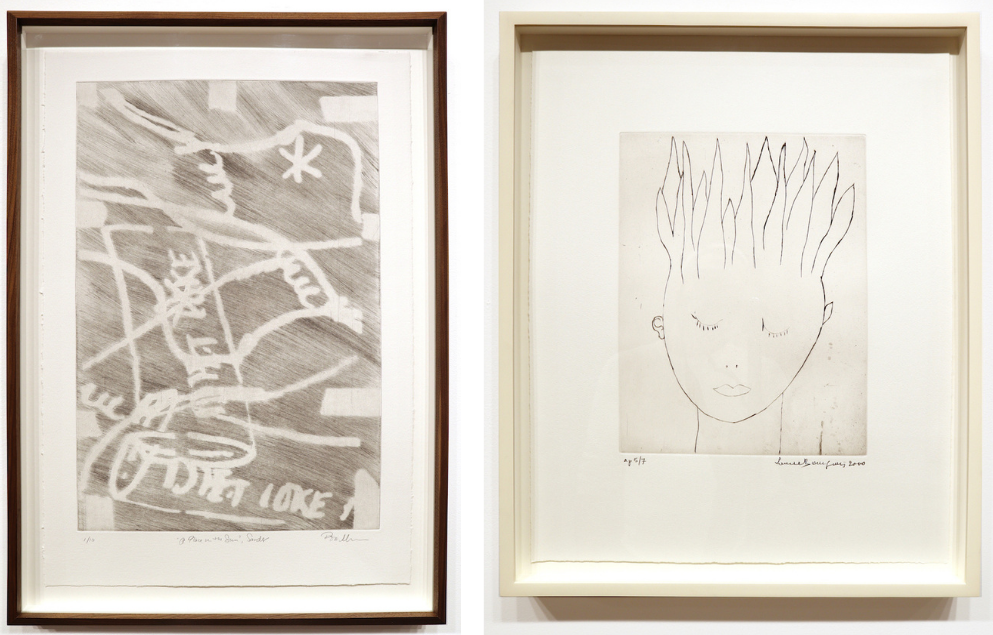Excerpt:
“As the Russian police attempt to shield its people from certain manifestations of intimacy, they limit intimacy. When certain intimacies are perceived as a powerful threat (and therefore bordered, contained, or eliminated), all forms of intimacy are likely to suffer a loss. Love is often inarticulate, tense, and misunderstood—much like Camp itself. The aesthetics of Camp thrive on ambiguity, but also, as Bergman reminds us, the aesthetic requires “a person who can recognize camp” for the artistic gesture to be complete. (And Russia’s laws certainly aim to sever this completion, this connection, before it can be made.) Camp is the art of crossing a line; Camp is the art of striking a match and seeing if someone is there to blow the flame.”



